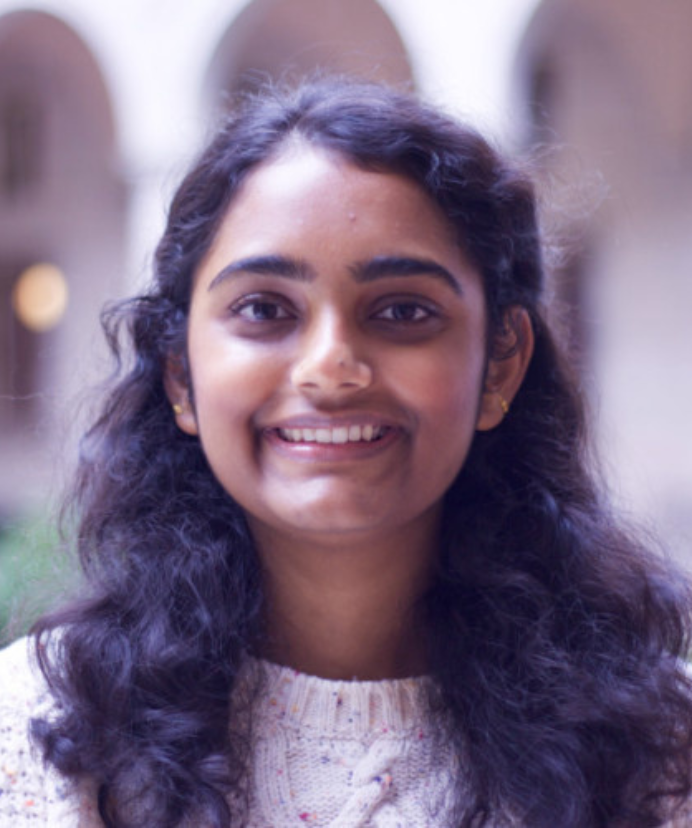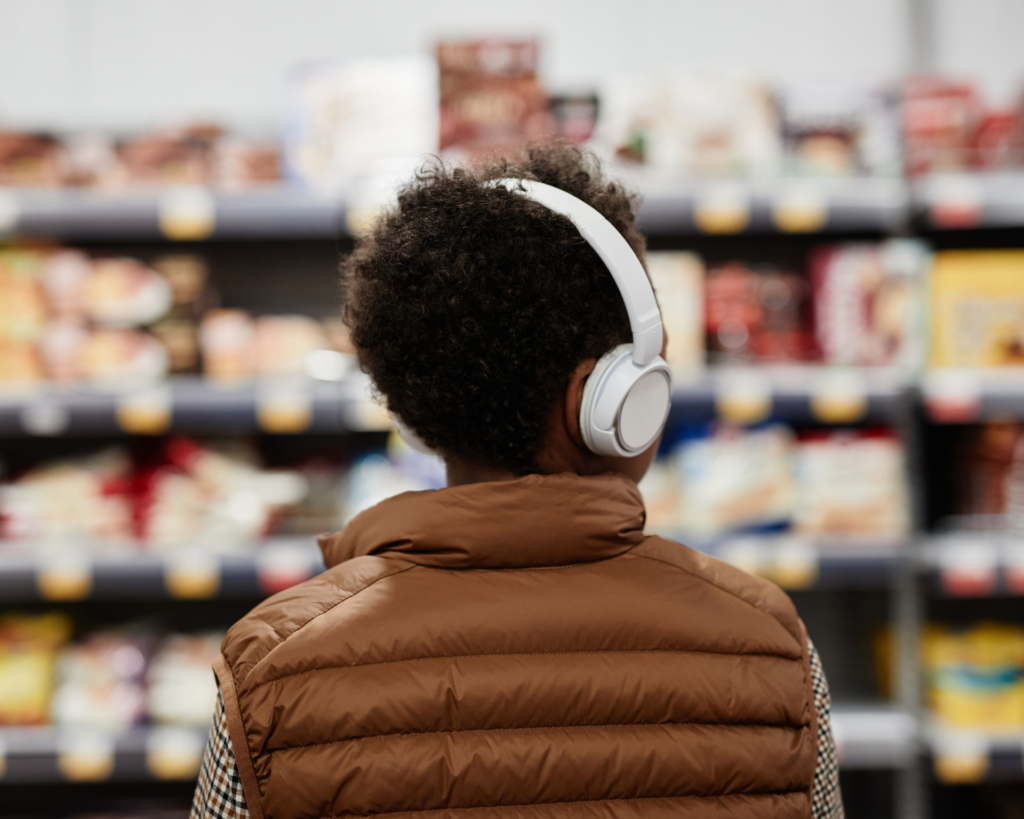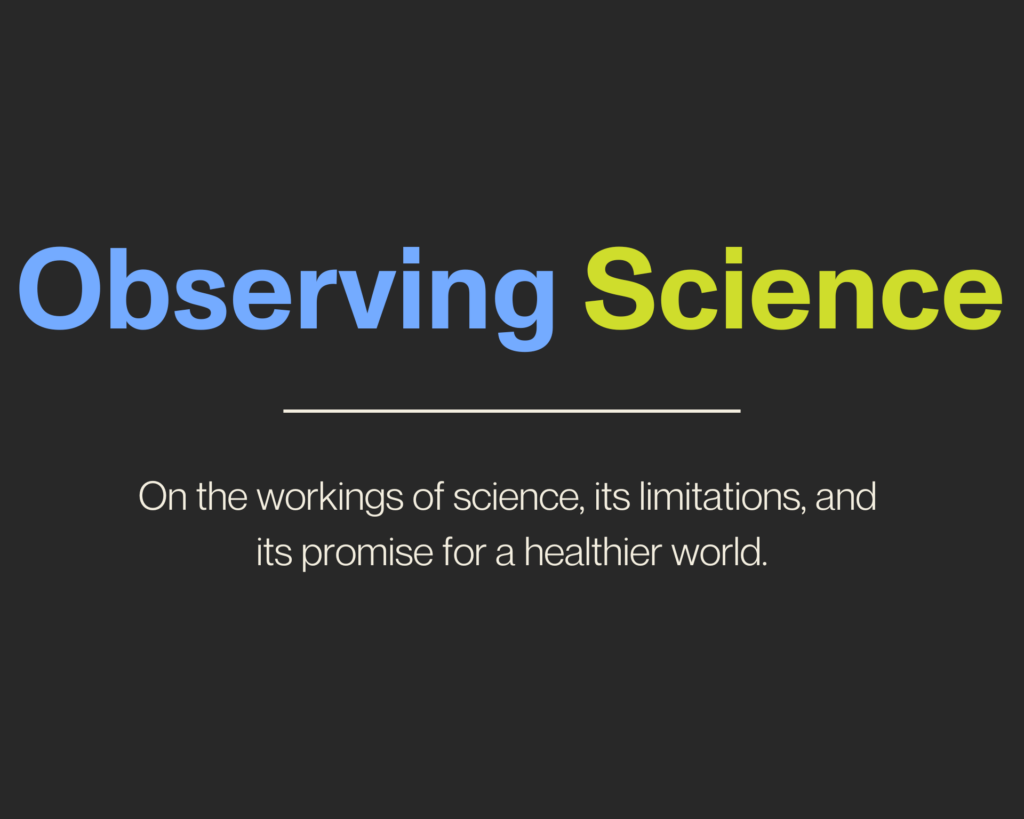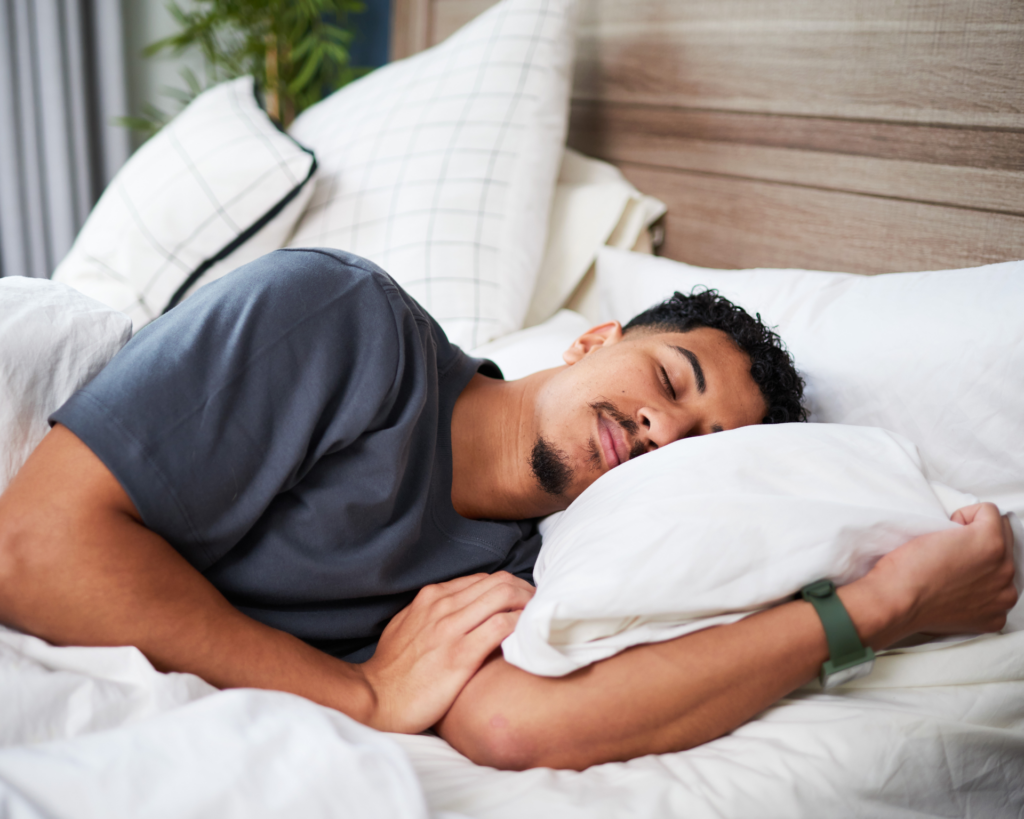Josh McGill
Today marks the second anniversary of the Pulse nightclub shooting in Orlando. We spoke with Josh McGill about surviving the shooting, his nursing career, and his thoughts on gun violence prevention policies.

Read Time: 5 minutes
Published:
Josh McGill is a nursing student, an activist, and a survivor of the mass shooting at Orlando’s Pulse nightclub on June 12, 2016, where 49 people were killed and 58 were injured. McGill is also a hero who used his shirt as a tourniquet to save Rodney Sumter, a bartender at Pulse.
Today marks the second anniversary of the Pulse nightclub shooting in Orlando, Florida. We spoke with Josh McGill about surviving the shooting, his nursing career, and his thoughts on gun violence prevention policies. In April 2018, Josh spoke at CAMTech’s Gun Violence Prevention Challenge Summit at the Edward M. Kennedy Institute and mentored innovators during CAMTech’s Gun Violence Prevention Hack-a-thon at Massachusetts General Hospital. On Friday, June 15, 2018 all teams from the Gun Violence Prevention Hack-a-thon will pitch solutions that aim to curb the gun violence epidemic and improve the lives of survivors.
Public Health Post: In light of the Challenge Summit and Hack-a-thon, recent unfortunate events, as well as walkouts and marches supporting gun violence prevention, how involved are you in causes for social reform?
Josh McGill: In Orlando we have something called Impulse Orlando. It encourages the LGBT community to get tested for HIV, and if they come back with positive results, counseling is offered. I do all kinds of walks: I was in the Pride parade, I walked for breast cancer, I walked for heart cancer. And all the money that we spend to do these things go to a charitable cause. On top of that, I’m also in school for nursing, and I work full time as a medical assistant at a doctor’s office. I stay pretty busy, but I try to put myself out there, and voice what I can, when I can.
As a medical assistant and a student pursuing nursing, how do you think gun violence impacts health care?
My friend mentioned before that, at a walk-in clinic, one of his friends had a patient come and kill her. And that scares me because sometimes I’m in the doctor’s office, by myself. We have cameras, but in the building itself we have no metal detectors, no security. I know hospitals have security and security cards. I think private practices need to have something of the sort.
I am not against guns, but I personally would not carry, because I don’t like them. I do think that there need to be more restrictions. There needs to be a background check, an age restriction, and I think that people need to go to either see a therapist or a psychiatrist, and get medically cleared to bear arms. We need to make it a little harder to get guns.
I grew up with guns, I’ve lost three family members to gun violence. I lost four friends at Pulse.
Do you have any ideas that you might share with the Hack-a-thon participants about messaging gun violence prevention?
As a Mentor, this weekend, I will talk about psychological evaluations, and to not ignore any signs. I think if people want to carry a gun, they need to make sure they are ready because it’s a big responsibility to have in a house. Gun storage needs to be a big angle to focus on this weekend. I grew up with guns, I’ve lost three family members to gun violence. I lost four friends at Pulse. One of my friends had rifles just hanging on the wall in their house, above the mantle. And they had a whole cabinet full of rifles and shotguns—they were hunters—but there was no lock and key. I could have easily opened the cabinet, reached in and grabbed a gun and, you know, an accident could have happened.
What do you think policymakers should do to work towards preventing gun violence?
As I mentioned before, the psychological aspect of gun violence is something that needs to be considered. There needs to be clear ammunition policy, the background check needs to be reassigned, and the age limit has to be raised. I think it needs to be raised to 25.
What is your advice to fellow survivors of gun violence events on coping and dealing with triggering situations?
Family and friends have helped me so much. The Pulse shooting happened June of 2016. Fireworks for the following Fourth of July were triggering for me, and my friends were there to help. As the years have gone by, the triggers stopped, but the PTSD and the nightmares are always there. The Parkland incident triggered me: I was at work that day, and by just seeing another mass shooting, and the high schoolers, I started hyperventilating. I called my mom, and she talked me down. Sometimes, I just need to go into a quiet room and turn the lights off and do breathing exercises.
I had panic attacks before Pulse but, after Pulse happened, they got worse. I finally sought counseling and got on a good level of medication to help me cope.
How did you decide to pursue health care as a career? Were you interested before your experience with the Pulse shooting?
My grandma got sick and after trying a nursing home (she hated it, and so did we), we had a nurse come check on her twice a week at our home. Later, I took it upon myself, because I was the oldest, to drop out of college and take care of her. My parents worked, all my aunts and uncles worked and all the kids were still in high school or younger. I learned from the home nurse how to check my grandma’s blood sugar, and give her insulin shots. She did pass away a couple years ago, but on her death bed, she made me promise that I will pursue something in the medical field. I like nursing because it involves more patient care.
This conversation was lightly edited for brevity and clarity.
Photo: Alejandra Spruill



